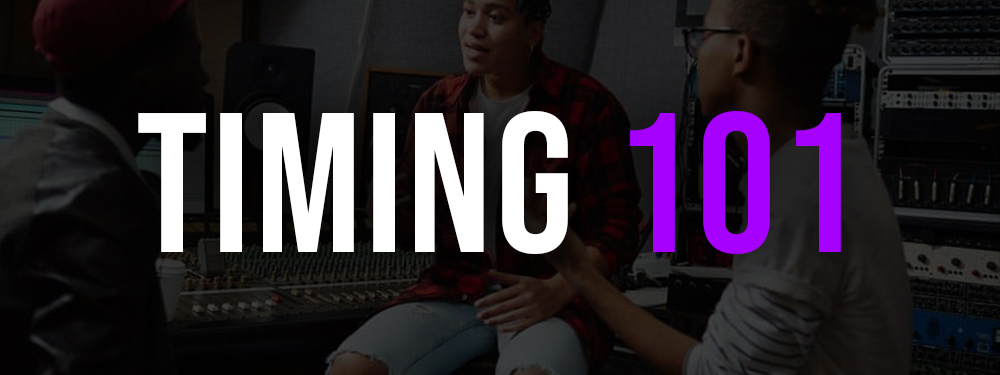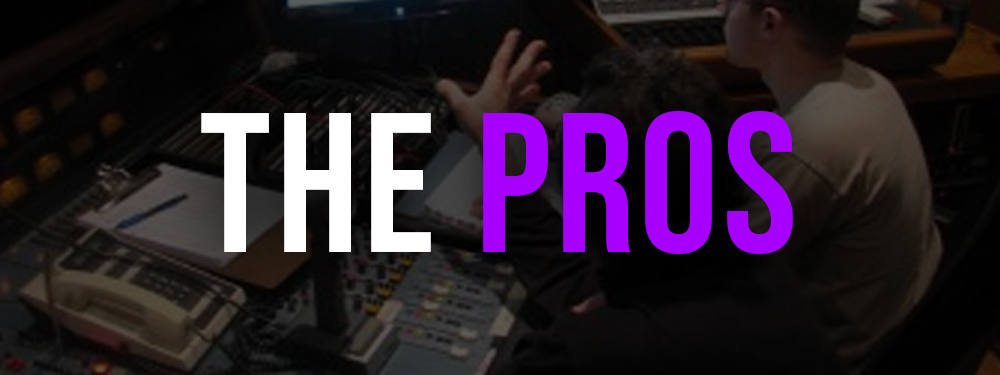
What Is A Manager?
A music manager, defined simply, is a person who handles the business aspects of your musical career so that you may concentrate on making music.
A manager's duties include scheduling events, negotiating business agreements, and offering counseling and career assistance. They're basically your business manager, whose main focus is the artist's success!
Want to get your music on active & relevant playlists that actually get results?
Get your music heard now 👇
Boost Collective is the #1 trusted source of music distribution for artists - You can protect your content and earn royalties whenever it is being used. Enjoy!
What Do Managers Do?
Depending on the demands and objectives of the artist, a music manager's duties may change. Nonetheless, a manager may perform the following typical tasks:
-
Arranging excursions and shows
-
Deals and contract negotiations
-
Taking charge of money and budgets
-
Marketing and promoting the musician's music
-
Making and carrying out a long-term career strategy
-
Establishing and maintaining connections with the industry
-
Giving career counsel and help

When Do You Need A Manager?
So when is it appropriate to hire a music manager?
Artists who are already making money are more likely to be managed by managers.
Best Talent Agencies For Musicians!
This is because managers must also see a return on their time and money.
So, it might be sensible from a budgetary standpoint to postpone hiring a manager for the time being if you aren't gaining any traction.

The Pros
For individuals who are just starting out, the music industry may be a complicated field to navigate.
As a result, many musicians may ponder whether hiring a music manager would be beneficial to their careers. Let's look at the benefits of working with music management.
A professional music manager can guide their client through the frequently competitive music industry as a valued friend and guide.
They can provide support and direction for both musical development and professional advancement, assisting their customers in establishing long-lasting careers in music.
A music manager may assist their clients in honing their craft and building a brand that appeals to fans and booking agents, which is another benefit of hiring one.
Working with a manager allows musicians to concentrate on writing and playing music while their management takes care of their career's business needs.
Also, a music manager can assist an artist by taking care of time-consuming activities like concert booking and radio marketing, giving the artist more time to concentrate on writing songs. Working with music management has the added benefit of their ability to successfully market an artist's songs.
A manager can assist in promoting an artist's music so that it reaches a larger audience and receives greater attention. This is so that people won't be as dubious of any hype coming from the artists themselves.
Finally, having a music manager may be helpful for musicians in a variety of ways, such as offering direction and assistance, assisting with branding and fan appeal, freeing up time, and providing efficient advertising.
While a manager may not be required for every musician, they may undoubtedly support those hoping to develop long-lasting success in the music business.

The Cons
Although working with music managers has certain potential drawbacks, there are many ways in which they can be advantageous to artists.
The following are some drawbacks of hiring a music manager:
It might be expensive to hire a music manager, especially for upcoming artists who may not have a lot of money. In a typical music contract, the manager is often entitled to 10% of the artist's revenues.
The manager may also be entitled to reimbursement from the artist for certain costs incurred in promoting the artist's music.
Some musicians may believe that having a music manager interferes with their autonomy and creative control. A manager occasionally tries to steer the artist in a particular direction or gets in the way of their creative vision.
A good music manager, however, should collaborate with the artist and support them in achieving their objectives while honoring their right to creative liberty. Employing music management can be risky, particularly if the manager is unproven or not well-known.
The manager might not be worth the money if they are unable to secure chances or properly market the artist. Ultimately, even though hiring a music manager may have certain drawbacks, those advantages frequently outweigh the drawbacks.
Artists should carefully weigh their options and select a manager who is a suitable fit for their requirements and objectives.
Don't Get Screwed
Any musician knows how vital it is to find the appropriate manager, but it's as important to watch out that you don't get taken advantage of.
Networking and relationship-building are key to finding the best manager for your needs. You may do this by establishing connections with other artists and businesspeople in the field.
Learn as much as you can about the music industry; doing so will enable you to steer clear of typical traps and make wise career selections. Understanding how to understand and negotiate recording contracts is part of this.
Demonstrate patience: It can take some time to find a fantastic music manager, therefore it's crucial to be patient and concentrate on your music. Before agreeing to anything, take your time getting to know prospective managers and carefully reviewing their contracts.
Be explicit about your expectations: Make sure you know exactly what you expect from a manager and how to express it to them. This can assist in avoiding misunderstandings and guarantee that your manager and you are on the same page.
Don't be hesitant to ask for assistance: If you're unsure of something, don't be afraid to consult a reputable business or legal expert for guidance. This can assist you in avoiding costly errors and defending your interests. You don't want to be negotiating contracts without an industry professional's oversight, would you?
What About Record Labels
Several tasks are carried out by music labels and music managers throughout an artist's career. A record label is a business that offers a range of services, such as marketing, distribution, and promotion, to publicize an artist's music and make it accessible.
A music manager, on the other hand, is a specialist who supports artists in their careers by offering direction and support in a variety of areas like promotion, branding, touring, contract negotiations, and money management.
Music Distribution For Record Labels!
Although both record companies and managers aim to advance an artist's career, their responsibilities are different. While managers oversee the artist's entire career, music labels concentrate on managing and promoting the artist's music. As a result, music labels do not act in the same way as music managers.
In conclusion, music labels and music managers both play significant roles in an artist's career while having different responsibilities. Music managers give musicians general direction and support throughout their careers, while music labels aid in the promotion and distribution of an artist's music.
Record Labels Accepting Demos In 2024!
Management Companies
A music management firm and a music manager are fundamentally different from one another in that the former handles the careers of numerous musicians, whereas the latter frequently concentrates on the career of a single artist or a small group of artists.
While artist managers may concentrate largely on overseeing an artist's career on a day-to-day basis, a music management firm may provide a wider range of services, including marketing, promotion, and booking.
It should be noted that "music management firm" and "music manager" are occasionally used synonymously, and that the roles and duties of these experts might differ depending on the person or organization.
Finding an artist management firm or music/band manager with experience and knowledge in the fields that are crucial to your career as a musician or performer is ultimately the most crucial component.
Can I DIY?
A music manager can take care of duties including handling royalties and distributing tracks.
However, if the artist is unfamiliar with the music business or the legal ramifications of music management, it may be difficult for them to perform these chores alone.
Having a dedicated music manager to handle the numerous tasks required in managing an artist's career is generally advised, even though an artist may be able to manage some aspects of music management alone.
Conclusion
In conclusion, you might end up needing an artist manager for your music career. It all depends on your artist's development, and if hiring one is best for the artist's career!
Get your music on playlists now.
It’s time you get your exposure and listeners up - playlisting by Boost Collective has been trusted by 50,000+ artists worldwide.
It’s easy: Search your song, get on playlists, and track your campaign.
What’re you waiting for? Tap in - and get added to playlists in 24 hours.
Join Boost Collective for free here.


